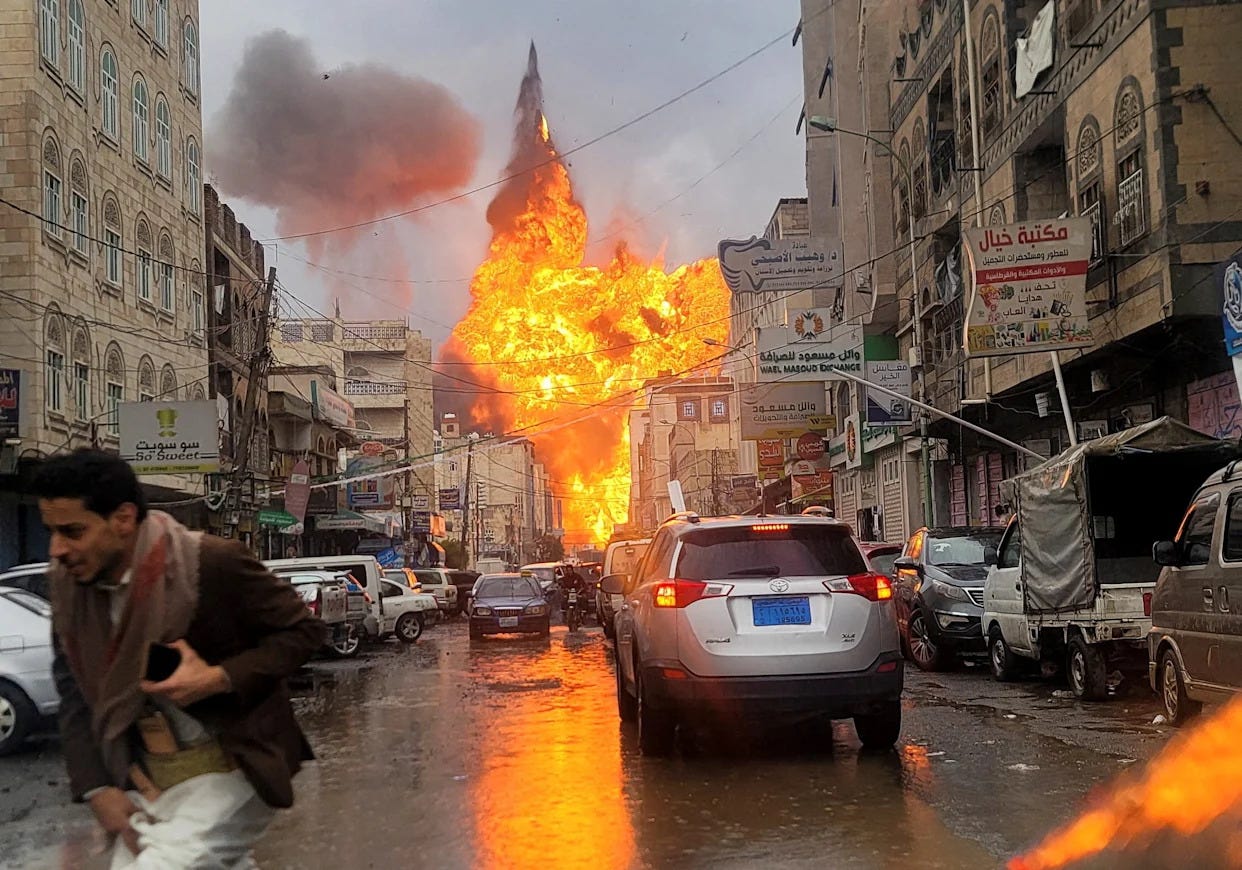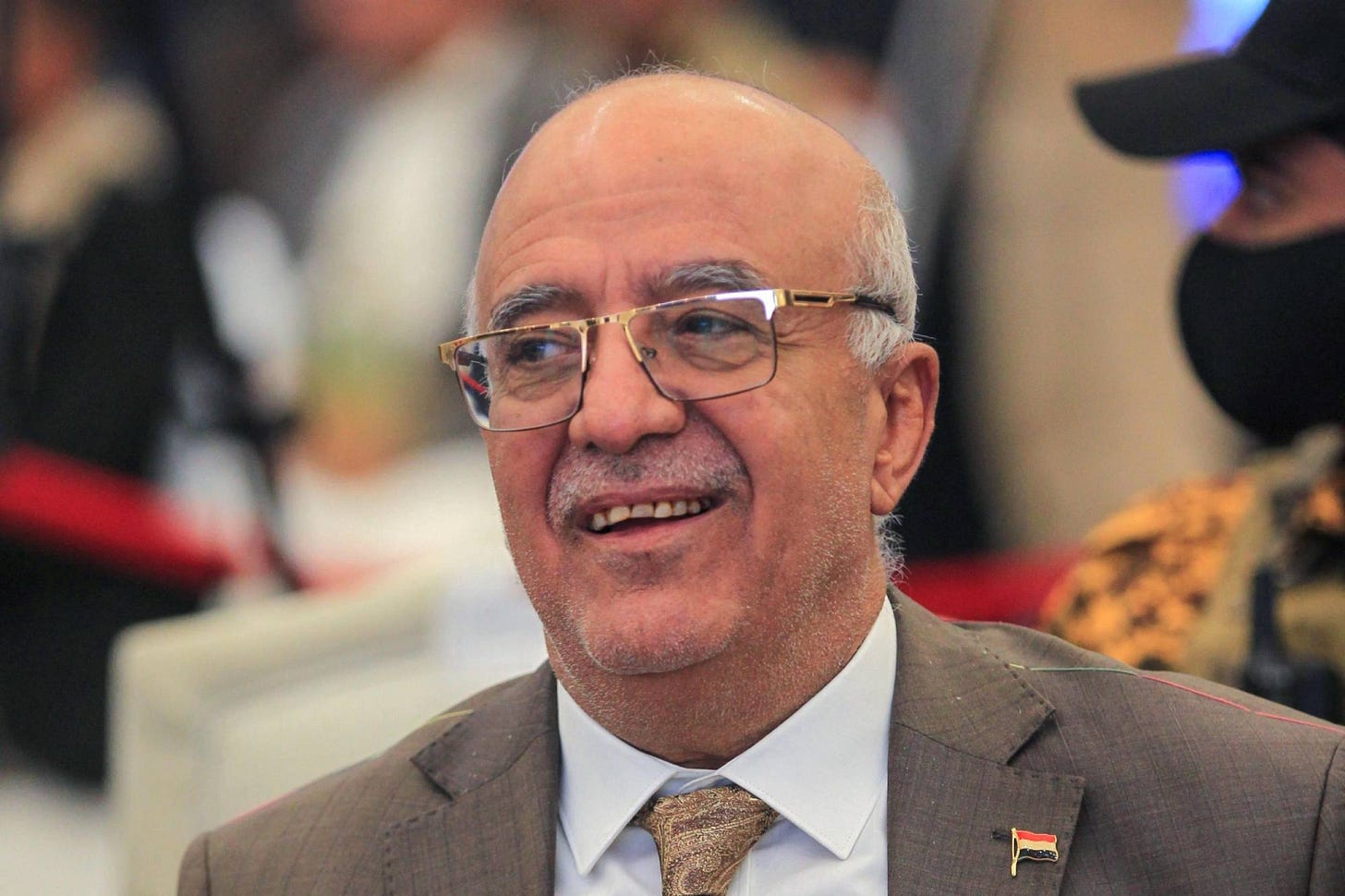Murder as Statecraft: The Return of Political Assassination in a World Sliding Toward Fascism
On August 28, 2025, the world crossed a line it can never uncross. An Israeli airstrike in Sanaa did not just hit a weapons depot or a convoy, it deliberately killed Ahmed Ghaleb Nasser al-Rahawi, the prime minister of Yemen’s Houthi government, while he was attending a routine workshop. Several ministers died with him. The strike was carried out openly, unapologetically, as though assassinating the head of a foreign government were no different than demolishing a bridge. It was a murder disguised as policy, and the international community barely flinched.
And this is the dangerous reality: a political assassination by a foreign military isn’t merely another strike, it is the dismantling of norms that once underpinned international governance. The killing of a prime minister, targeted openly in daylight, erases the boundary between war and political execution, ushering in a destabilising logic: if one state claims the right to murder leaders, others will feel emboldened to do the same.
This is the grim trajectory we’re on: once assassination becomes policy, reciprocity becomes inevitable. Eye for an eye becomes a doctrine. The new Trump and Netanyahu world order may see such acts as strength, but in truth it is inviting cycles of violence that spiral without end.
Murder as Statecraft Everywhere
That is the horrific reality: murder is once again a state enterprise. Once legitimised, it rarely stays confined to foreign enemies. The precedent seeps inward. If it can be done to prime ministers abroad, why not to ministers, rivals, or domestic opponents at home? The scope of “acceptable targets” will grow, until politics itself becomes indistinguishable from gang warfare.
For years the West rightly vilified the murderous regimes of Vladimir Putin, Xi Jinping, and Kim Jong Un, where assassination and disappearance were wielded as blunt political weapons. Poisoned tea in London, vanished dissidents in Hong Kong, generals executed by firing squad in Pyongyang, these were the marks of authoritarian rule we condemned as barbaric. Yet what is unfolding now is the most dangerous hypocrisy: instead of holding the moral line, Western leaders are beginning to mirror the very practices they once denounced, adopting state murder not as an outrage to be resisted but as a tool to be normalised.
The brief reign of oligarchs, where wealth purchased influence and shaped policy, is being replaced by something darker. Money requires stability, but dictators thrive on fear. And fear, history tells us, is most efficiently spread by assassination.
The Return of Fascism, Writ Large
So the cycle returns. Fascism, we thought, had been buried under the rubble of the twentieth century. Yet here it is again, not just in uniforms and mass rallies, but in the quiet erasure of international law, in the casual acceptance of murder as “policy,” in the silence of institutions that no longer defend the living against the strong.
I never expected to see this in my lifetime. But history is never linear, and progress is never guaranteed. Fascism is rising again, and it marches in the footsteps of state-sanctioned killing.
Resist before the logic of reciprocal assassination consumes us all.



